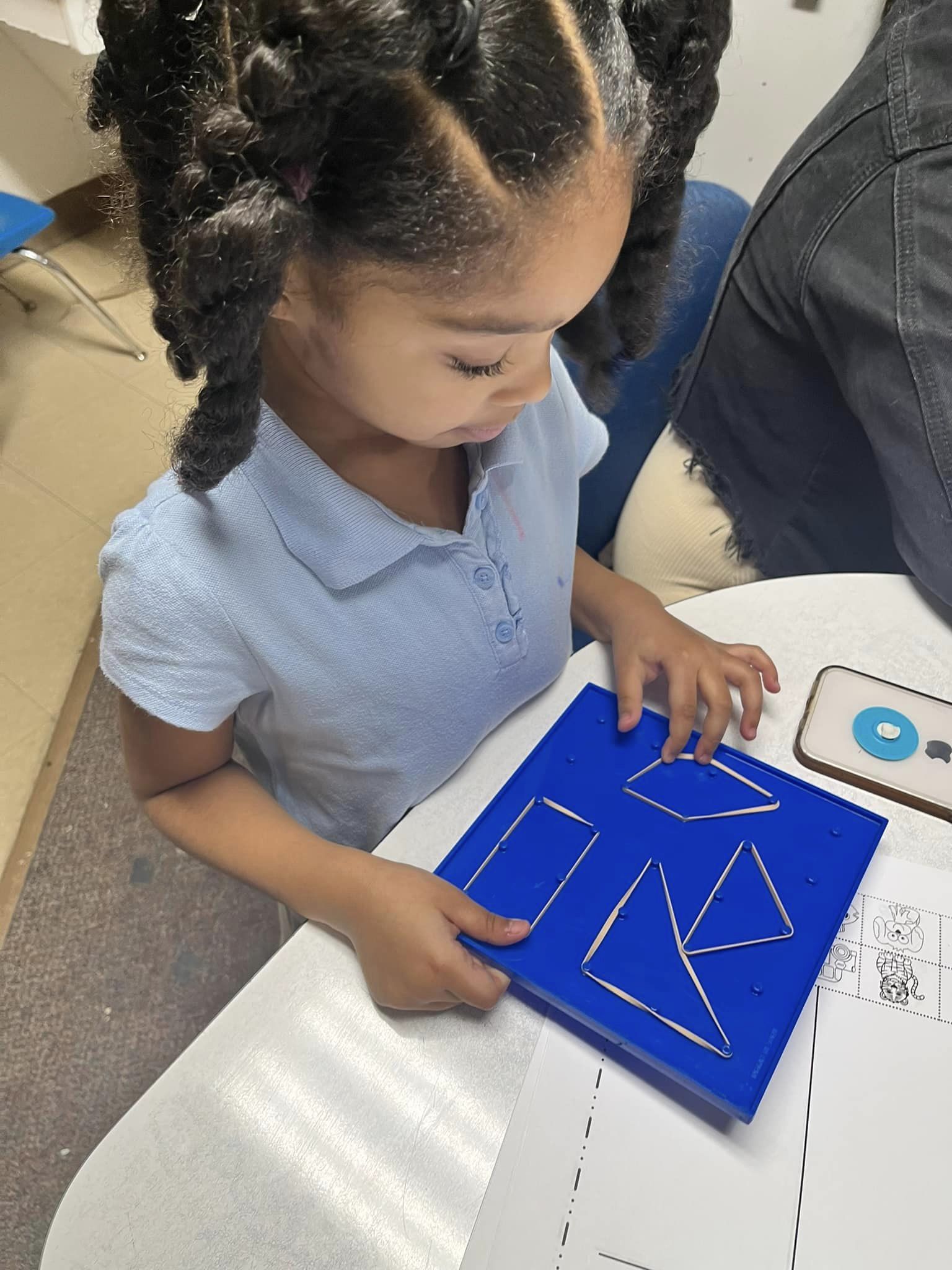HEALTH OFFICE
Comprehensive Health Screenings: Ensuring the Well-being of Our Students
 Imagine Klepinger & Woodbury is a school that places a strong emphasis on the well-being and holistic development of its students. With a commitment to academic excellence, Imagine Schools strives to create a nurturing and engaging learning environment for all students. Imagine Klepinger & Woodbury prioritizes identifying and supporting children with unique disabilities, ensuring they receive the necessary resources and assistance to thrive.
Imagine Klepinger & Woodbury is a school that places a strong emphasis on the well-being and holistic development of its students. With a commitment to academic excellence, Imagine Schools strives to create a nurturing and engaging learning environment for all students. Imagine Klepinger & Woodbury prioritizes identifying and supporting children with unique disabilities, ensuring they receive the necessary resources and assistance to thrive.
Additionally, Imagine Klepinger & Woodbury upholds health regulations and procedures, providing comprehensive health screenings, handling student illnesses, and promoting open communication with parents regarding medical concerns. With a focus on student-centered education, Imagine Klepinger & Woodbury fosters a supportive community where every student can reach their full potential.
Administering Medication
- Students needing medication will be encouraged to receive the medication at home, if possible.
Each person or persons designated to administer any prescription or non-prescription medication including students, must present to the School a statement signed by both parent/guardian and physician which includes all of the following information:
- Name and address of the student;
- Student’s teacher;
- The name and doses of the medication contained in the inhaler or auto injector;
- Drug name and dosage to be administered;
- Times or intervals at which each dosage of drug is to be administered;
- Date on which drug administration begins;
- Date on which administration of drug ends;
- Any severe adverse reactions that should be reported to the physician and one or more telephone numbers at which the person who prescribed the medication can be reached in an emergency.
- Special instructions for administering drug, including sterile conditions and storage;
- Instructions outlining procedures to follow if the medication does not provide adequate relief.
- A list of adverse reactions that may occur to a child for whom the medication was not intended who uses the medication.
- And any other special instructions.
It is the student’s responsibility to come to the office to receive medication. New authorization forms must be submitted at the beginning of each school year.
- The parent/guardian agrees to submit a revised statement signed by the parent/guardian and physician if any of the information originally provided to the school changes.
- Medication must be received at school in the container in which prescribing physician or other licensed professional dispensed it. Medication and dosage listed on the label must be identical to the authorization form. Parents are responsible for keeping a record of the amount of medication at school and for sending more when needed.
- Students who intend on possessing and using a metered dose or dry powder Asthma Inhaler to prevent asthmatic symptoms or an epinephrine injector to treat anaphylaxis must first present a statement from the parent and physician including the information set forth above as well as an acknowledgement that the prescriber has determined that the student is capable of possessing and using the injector or inhaler appropriately and has provided the student with training in the proper use of the injector or inhaler.
- Students who self-administer (carry on their person) asthma inhalers must have the medication authorization form completed by physician and parent stating they may do this.
The person designated by the school will establish a location in the school to store drugs to be administered. All such drugs shall be stored in that location in a locked storage place. Drugs that require refrigeration may be kept in a refrigerator in a place not commonly used by students.
- No person who has been authorized by the school to administer a drug and has a copy of the most recent statement which was given prior to administering the drug will be liable for administering or failing to administer the drug, unless such person acts in a manner constituting gross negligence or reckless misconduct.
- Each medication that is given should be documented on the medication record form for the corresponding student.
- The person giving medication should review the authorization form prior to administration for special instructions and possible side effects.
- All school personnel must be informed that the administration of any drug (prescription or over-the-counter) without the order of the physician and the permission of the parent/guardian could be interpreted as practicing medicine and is prohibited by law.
- All medication remaining in the building after the last day of school will be discarded.
Student Illness
Health Screenings
Administering Medication
- Students needing medication will be encouraged to receive the medication at home, if possible.
Each person or persons designated to administer any prescription or non-prescription medication including students, must present our form completed & signed by your child’s physician. – click here
It is the student’s responsibility to come to the office to receive medication. New authorization forms must be submitted at the beginning of each school year.
- The parent/guardian agrees to submit a revised statement signed by the parent/guardian and physician if any of the information originally provided to the school changes.
- Medication must be received at school in the container in which prescribing physician or other licensed professional dispensed it. Medication and dosage listed on the label must be identical to the authorization form. Parents are responsible for keeping a record of the amount of medication at school and for sending more when needed.
- Students who self-administer (carry on their person) asthma inhalers must have the medication authorization form completed by physician and parent stating they may do this.
- The person designated by the school will establish a location in the school to store drugs to be administered. All such drugs shall be stored in that location in a locked storage place. Drugs that require refrigeration may be kept in a refrigerator in a place not commonly used by students.
- No person who has been authorized by the school to administer a drug and has a copy of the most recent statement which was given prior to administering the drug will be liable for administering or failing to administer the drug, unless such person acts in a manner constituting gross negligence or reckless misconduct.
- Each medication that is given should be documented on the medication record form for the corresponding student.
- The person giving medication should review the authorization form prior to administration for special instructions and possible side effects.
- All school personnel must be informed that the administration of any drug (prescription or over-the-counter) without the order of the physician and the permission of the parent/guardian could be interpreted as practicing medicine and is prohibited by law.
- All medication remaining in the building after the last day of school will be discarded.













